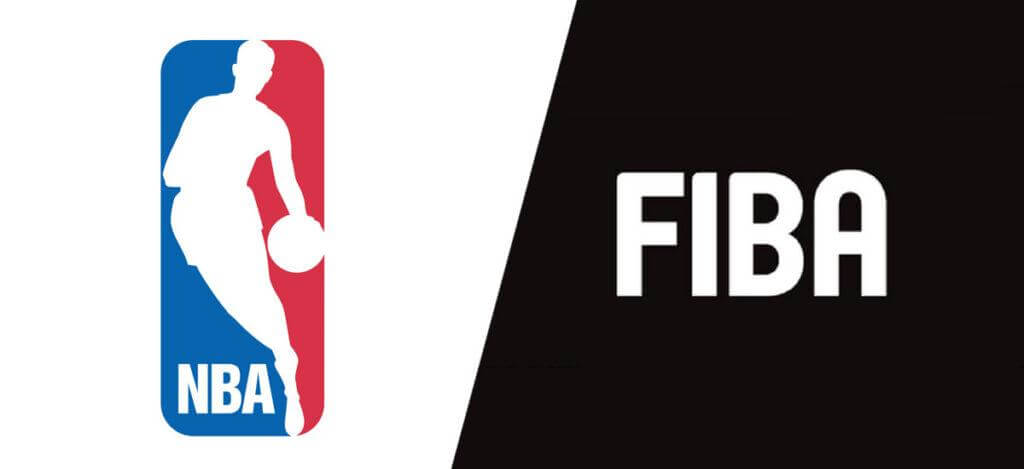The Differences Between NBA And FIBA Basketball Rules

Basketball is an exciting sport that has many different rules depending on where you play it. The NBA and FIBA are two popular basketball leagues with some key differences between them.
The NBA was founded in 1946 as a merger between two existing leagues, namely BAA (Basketball Association of America) and NBL (National Basketball League). The league was renamed NBA after merging with another league called ABA (American Basketball Association) in 1976. The league currently consists of 30 teams based in major cities across North America.
FIBA was founded as an international governing body for basketball in 1932 but did not start organizing championships until the 1950s. It now organizes world championships and other international competitions such as Olympics Games or World Cup Winning Team since its formation until today except during World War II.
The main difference between these two leagues is that while FIBA has been established since 1940 to oversee international competitions, it only became an official organization in 2000 after it separated from its governing body from 1998, known as FISB (Fédération Internationale de Basketball Amateur). The NBA was formed in 1946 as a professional basketball league for men's teams based in America. It has 30 teams and has been growing rapidly over time with more than half of its players being foreign born.
The main differences between NBA and FIBA rules are summarized in the following table:
| Rules | NBA | FIBA |
| Playing time | 4 * 12 minutes | 4 * 10 minutes |
| 3-point line | 7.24m | 6.75m |
| Time-out | The number of timeouts was lowered in 2017 to a maximum of 7 per team, with a maximum of two per team during the final three minutes. | 6 time-outs of 60 seconds |
| personal fault | Excluded on the 6th or 2nd technical foul | Excluded on the fifth foul (personal and technical) |
| Technical fault | 1 free throw per technical foul, play resumes at the point where it was interrupted | 1 free throw plus possession at the halfway line |
| Defense in the paint | legal but not more than 3 seconds | Legal |

